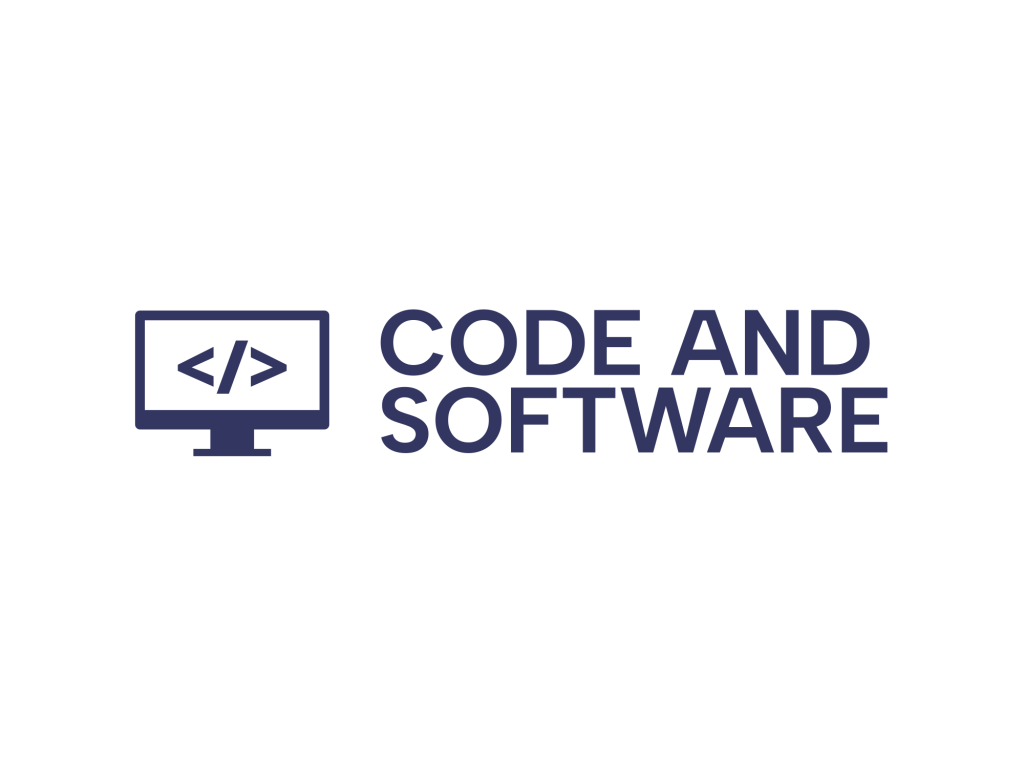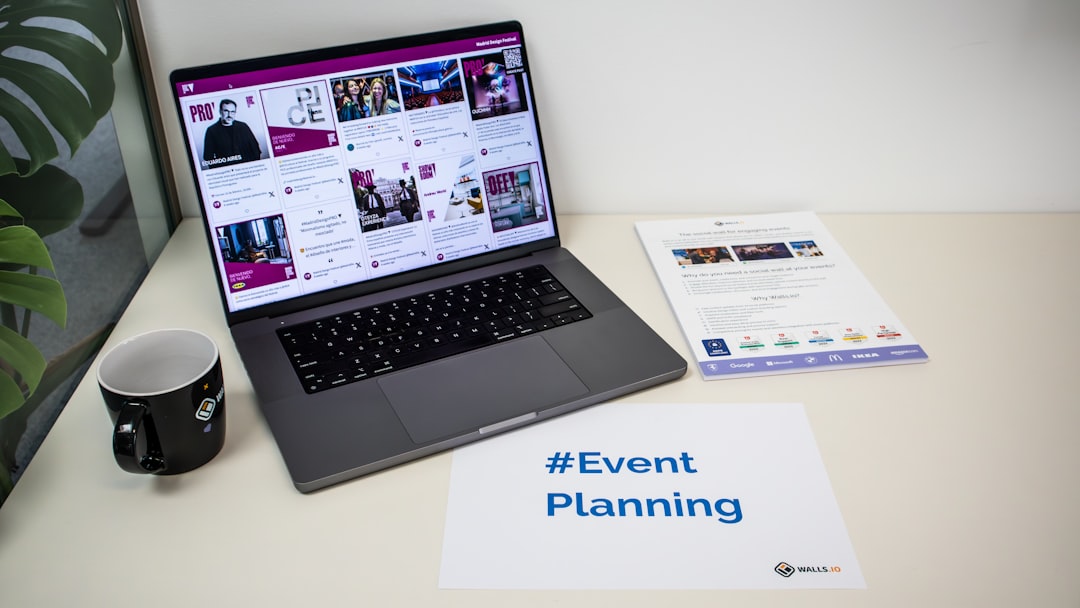In the rapidly evolving world of digital marketing, businesses are constantly on the hunt for tools that streamline operations, improve customer engagement, and drive conversions. One of the most groundbreaking innovations in recent years has been the rise of AI-driven language models — particularly ChatGPT. Built on sophisticated machine learning architecture, ChatGPT is transforming how companies think about customer interaction, content generation, and personalization.
The Growing Role of AI in Digital Marketing
The digital marketing landscape has seen an influx of automation over the past decade. From smart analytics tools to automated email platforms, brands are increasingly turning to technology to enhance productivity and offer personalized customer experiences. Among these advancements, AI has emerged as a game-changing technology. As a natural language processing (NLP) model, ChatGPT exemplifies this transformation by enabling real-time communication, dynamic content creation, and intelligent consumer interaction.
Initially developed for general language generation, ChatGPT has evolved into a versatile tool used across industries. Thanks to its ability to understand context, provide coherent responses, and mimic human-like interaction, marketers are leveraging its strengths in ways that were unimaginable just a few years ago.
Key Applications of ChatGPT in Digital Marketing
ChatGPT isn’t just another chatbot; it’s a multi-functional assistant capable of performing a range of tasks that boost digital marketing strategies. Here are some of the most common applications:
- Content Creation: ChatGPT helps generate blog posts, ad copies, email newsletters, and product descriptions, reducing the time and resources spent on content production.
- Customer Support: Integrated into websites or customer service platforms, ChatGPT can handle queries 24/7, offering quick solutions and improving user satisfaction.
- SEO Optimization: By generating keyword-rich text and content variations, ChatGPT aids in boosting search engine visibility.
- Social Media Management: Brands use ChatGPT to automate replies, generate captions, and even assist in campaign planning across platforms.

Benefits That Are Hard to Ignore
One of the main reasons ChatGPT is gaining prominence in digital marketing is the sheer range of benefits it brings. These include:
- Cost-Effectiveness: Instead of hiring multiple content creators or support agents, businesses can implement ChatGPT to automate a significant portion of the workload.
- Scalability: Whether you’re a small start-up or a large enterprise, ChatGPT can scale according to your needs without additional infrastructure.
- Real-Time Responses: In today’s fast-paced environment, customers expect quick responses. ChatGPT meets this demand efficiently.
- Data-Driven Insights: When integrated with analytics tools, ChatGPT can help interpret user behavior, allowing marketers to design more effective campaigns.
Challenges and Limitations
Despite its many advantages, ChatGPT is not without its limitations. Knowing these challenges ensures that businesses leverage it responsibly and effectively.
- Contextual Errors: Without precise prompts or control mechanisms, ChatGPT may generate content that lacks nuance or spirals off-topic.
- Lack of Emotional Intelligence: While it can mimic tone and language style, it cannot truly understand human emotions, which sometimes leads to robotic responses.
- Dependence on Training Data: The model is only as good as the data it was trained on. Outdated or biased data can skew responses.
These concerns necessitate human oversight and refinement in most ChatGPT implementations within marketing strategies.
Successful Use Cases in Action
Several organizations have already found innovative ways to incorporate ChatGPT into their marketing operations. For instance, e-commerce brands are using it to power interactive product FAQs, media companies automate daily newsletters, and travel agencies offer personalized itinerary suggestions through AI-driven chat interfaces.
One noteworthy example is a fashion retailer that deployed ChatGPT to manage customer inquiries during peak sale periods. The AI effectively reduced response times by over 60%, leading to improved customer satisfaction and higher conversion rates.

How to Integrate ChatGPT Into a Digital Marketing Strategy
Incorporating ChatGPT into existing digital marketing efforts doesn’t have to be overwhelming. Here’s a simple framework businesses can follow:
- Identify Key Areas: Determine where automation can provide the most value — content generation, lead qualification, or customer support.
- Select the Right Tools: Use APIs or third-party platforms that offer seamless ChatGPT integration.
- Customize Training: While out-of-the-box solutions are effective, custom training improves relevance and efficiency.
- Establish Monitoring Mechanisms: Set up analytics to track engagement, identify gaps, and refine communication strategies.
- Balance Automation With Human Touch: Ensure that AI augments human teams rather than entirely replaces them.
The Future of ChatGPT in Digital Marketing
As AI technology continues to evolve, ChatGPT is expected to become even more integrated into digital marketing ecosystems. Ongoing improvements in natural language understanding, emotion detection, and personalization will make artificial intelligence not only a cost-cutting tool but also a strategic asset.
With the future pointing toward hyper-personalized marketing experiences, multi-channel engagement, and conversational commerce, ChatGPT is poised to remain at the forefront of this transformation. Businesses that embrace this AI revolution early on stand to gain a competitive edge in today’s fast-paced digital world.
FAQs About ChatGPT in Digital Marketing
-
Q: Can ChatGPT completely replace human marketers?
A: No, ChatGPT is designed to assist and enhance human efforts. While it can handle repetitive tasks efficiently, human oversight is crucial for strategic planning, emotional intelligence, and creative direction. -
Q: Is it difficult to integrate ChatGPT into existing tools?
A: Most platforms offer APIs and third-party integrations to make ChatGPT implementation straightforward. However, some customization may be required for specific use cases. -
Q: How can ChatGPT help with content SEO?
A: ChatGPT can generate keyword-rich content, suggest headings, meta descriptions, and even optimize articles for readability and structure, aiding your SEO strategy significantly. -
Q: What industries benefit the most from ChatGPT in marketing?
A: E-commerce, SaaS, travel, healthcare, and education sectors have seen notable improvements by adopting ChatGPT for customer interaction and content. -
Q: Is customer data safe when using ChatGPT?
A: Data handling depends on the implementation method. Using secure APIs and platforms with strong privacy policies ensures customer data protection.
In conclusion, ChatGPT represents a powerful advancement in AI technology, offering unique capabilities and efficiencies for digital marketers. With proper planning and ethical usage, it holds the potential to revolutionize how brands connect with their audiences.

